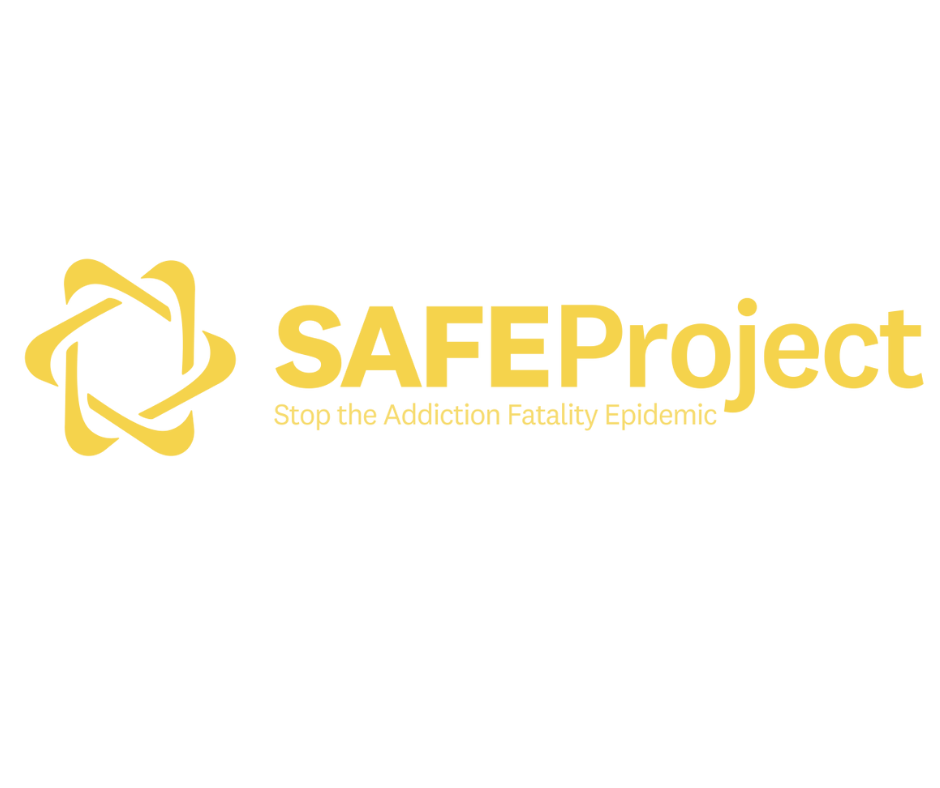Resources
As one of our partners, SAFE Project collaborates with stoptheshuffle on resources and information for those seeking safe treatment.
If you or a loved one are in need of immediate treatment, please take one or all of the three actions below:
Not all treatment programs are alike. If your need for treatment is not immediate, take a moment to consider these questions:
1. What outcome am I hoping to achieve through treatment?
2. What values are most important to me in a treatment program (ex. I am seeking religious-based treatment)? What about me, my beliefs, and my perspective, what do I want to see in my treatment?
3. What do I already have in my life that can support my treatment or healing process (ex. family support, childcare, insurance, etc.)?
Once you have sorted out your plan, ALWAYS START LOCAL.
Finding Help
If you have a regular doctor, call and ask for a local referral to a trusted provider in the substance use disorder treatment field.
If you have insurance, call the number on the back of your insurance card and ask them to email you a list of in-network treatment provider referrals in your area.
If you don’t have insurance, call your nearest hospital and ask for free treatment resources in the area.
If you have a regular doctor, call and ask for a local referral to a trusted provider in the substance use disorder treatment field.
If you have insurance, call the number on the back of your insurance card and ask them to email you a list of in-network treatment provider referrals in your area.
If you don’t have insurance, call your nearest hospital and ask for free treatment resources in the area.
ALWAYS START LOCAL.
The internet is both a valuable and a flawed resource, it can point you in the direction of potential treatment options, but any option found on the internet should be vetted.
If you have a trusted resource who has worked in addiction treatment, they can help filter through the options found on the internet.
If you don't, call your local Recovery Community Organization to ask about treatment centers they trust, or work with your insurance company's patient advocate to understand your plan and work with them to find a center that fits your needs.
Social media is also not a reliable place to seek treatment referrals. DO NOT USE it for this purpose.
Avoid 1-800 numbers and third-party referral services at all costs.
The best way to ensure you or your loved one receives treatment suited to your specific needs is to talk with a facility directly;
ideally, one you can go see with your own eyes.
Learn how any potential facilities may be prepared to address co-occurring mental health needs.
Questions to Ask
If you’re on the phone, who are you speaking to, and what is their relationship to or role at the facility?
How long has the particular facility been open? Look for a place with 10+ years of experience.
Who owns the treatment facility or sober home? What is their background? Are they in recovery?
How many clients are in the given program and what is the staff-to-client ratio?
If it’s a treatment facility, who is the medical director? Look them up.
Who runs the groups, and what are their qualifications?
What support is available to someone if they return to use/test positive?

